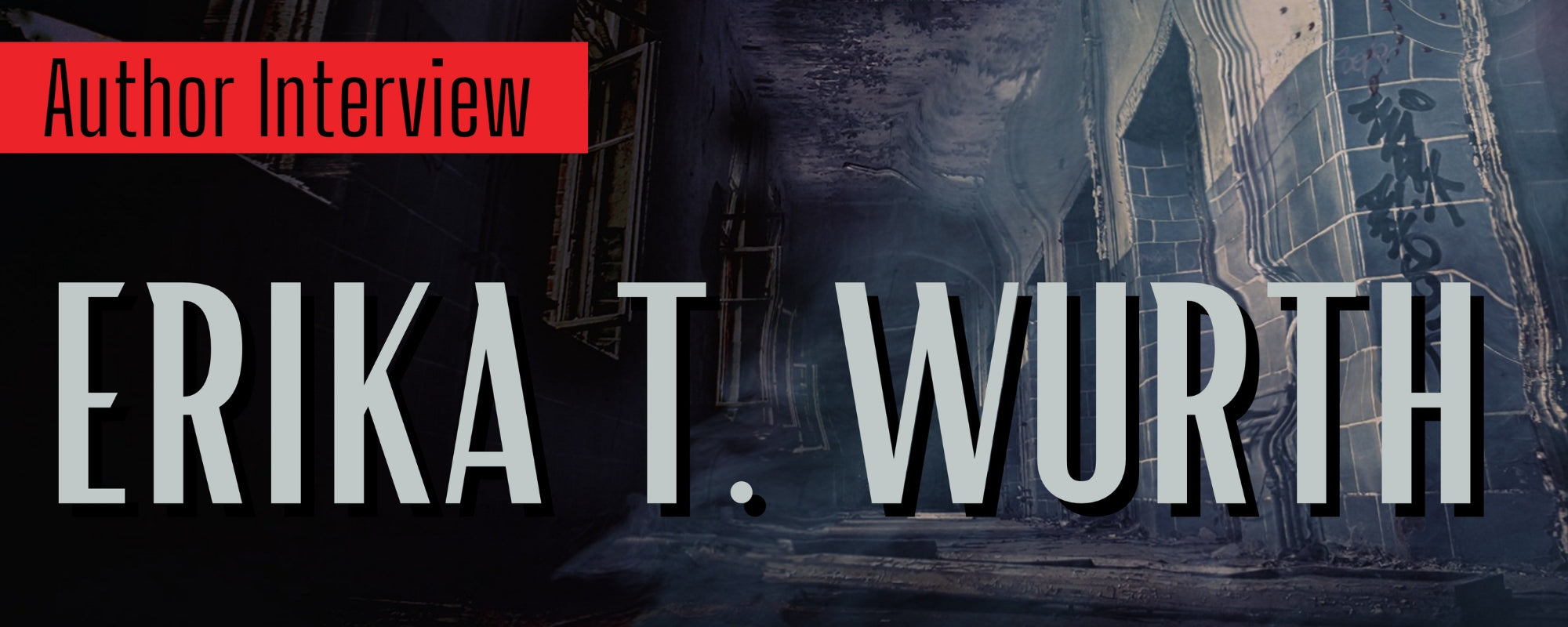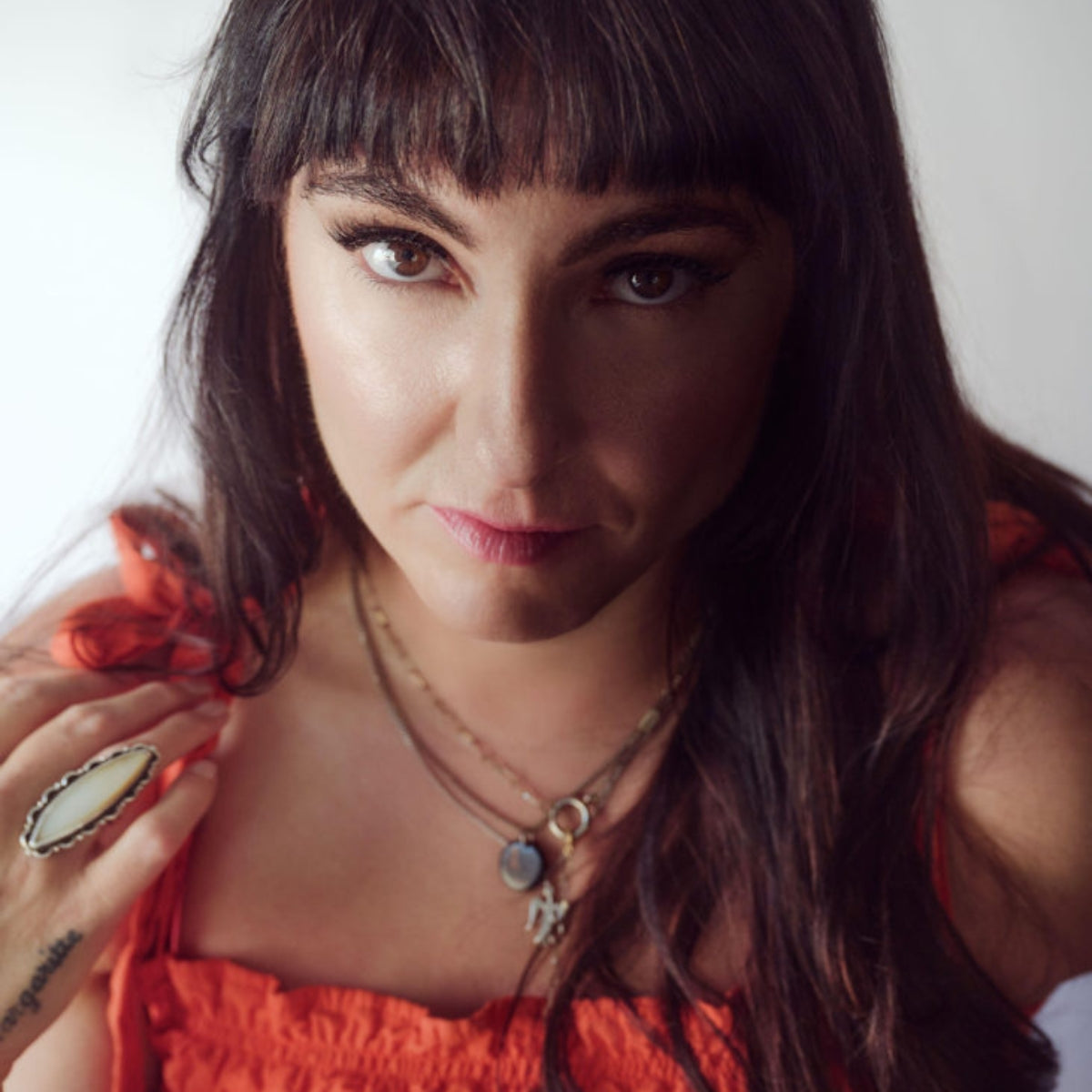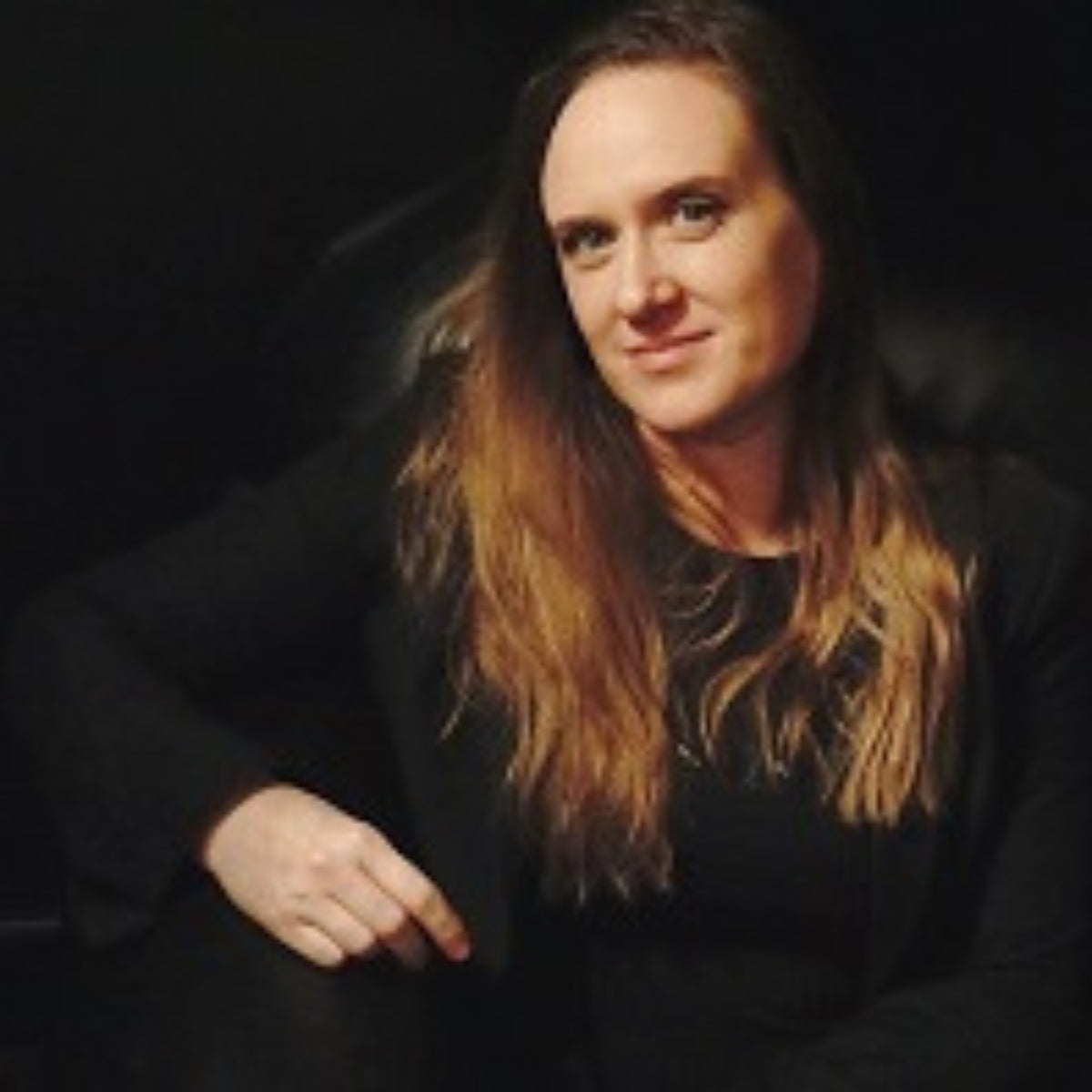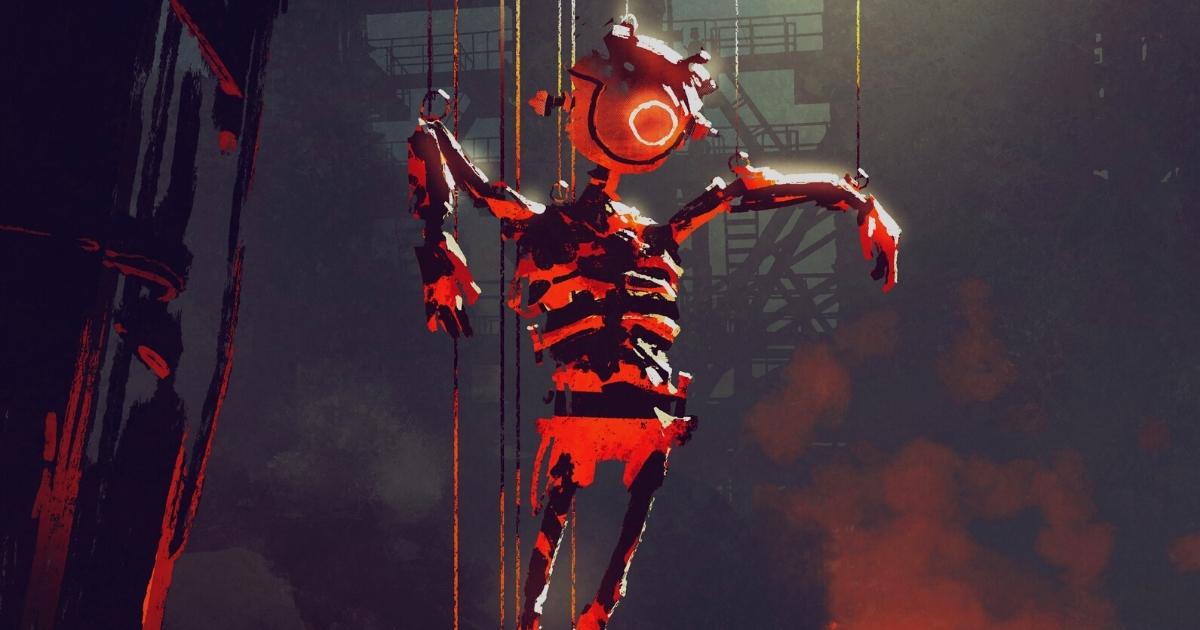

Author Interview: Erika T. Wurth
Feature by Jena Brown
The first time I saw the cover of Erika T. Wurth’s new novel, White Horse, I had to have it. The smoky haze surrounding an indigenous woman wearing sunglasses that reflected the Denver cityscape was captivating. The image was gritty and haunting, and held the promise of a surreal nightmare inside. And man, Wurth did not let me down.
We meet Kari James, an urban Indian who is satisfied with her life. She likes hanging out at the White Horse bar, has everything she needs in her cousin Debby, and takes care of her father. But when Debby gives her a bracelet that once belonged to her mother, it calls her mother’s ghost—and something else.
The story is fierce and intimate, with a protagonist that both knows who she is but also has to face some uncomfortable truths about herself. It’s a story that we can all relate to on some level at some point in our lives, and yet, the journey Kari goes on is so intensely personal, it is hers alone.
I was thrilled to sit down with Wurth and chat about why she loves horror, her love of Stephen King and Megadeath, and what scares her right now.
JENA BROWN: Can you introduce yourself to our readers? When did you start writing?
ERIKA T. WURTH: Hi, my name is Erika T. Wurth, and I’m the author of the upcoming novel, White Horse.
I was a hardcore reader when I was young. I was the kid reading under my desk in math class, reading on the bus, doing my homework at the last minute so that I could read. Even though I didn’t know anybody who was a writer, I wanted to be a writer early on, probably around six or seven years old. But the miracle of creating a world on the page was so overwhelming for me that I rarely wrote.
I do remember writing a very Stephen King-esque story when I was twelve. Someone had just made fun of my shoes or something, and the ending was just a long scream. But it wasn’t until I wrote some poems in a writing group in my undergraduate program that I understood I wanted to be a fiction writer. I’ve written poetry and published a couple of poetry books since then, but it was in my early twenties when I realized a Masters in English was going to deviate me towards criticism, and I did not want to do that. I was still too chicken to join a creative writing workshop, so I made sort of a boot camp for myself, and I wrote a short story every weekend that was at least five pages long. And then it grew more serious because I started taking workshops during my doctorate.
JB: What first drew you to horror?
EW: I was a nerdy fantasy kid. It was fantasy first, then horror, and then science fiction. What I love the most about it is the idea of another world, a portal to something entirely different and magical—even if that thing is a dark magic. Horror is like an adult way of having your elves.
There’s something so delightful about someone who can make you feel fear. Even though I’m not a romance reader, I think I actually understand why it appeals to people because it makes you feel a very positive emotion. It’s a skill set you can develop. But fear, that’s harder. I think it’s much harder to make people feel fear on the page.
For me, horror is where I’m able to take all the darker themes that existed in my more realistic fiction and marry them to the stuff that compels me on an extremely visceral level, which is paranormal. I’m very much compelled by ghosts and demons and supernatural creatures. I don’t think that will ever stop compelling me. Maybe because I had a sort of dark background, it’s a way to process it. But on some level, it’s also just so compelling to imagine that there’s another world in this one, even if you don’t know whether that’s true or not.
JB: Can you remember when you read your first Stephen King novel?
EW: I do have a distinct memory of being in junior high, and I was wandering through the library shelves. I think it might have been Different Seasons. There was another story that stuck with me, I don’t think it was in that collection, but it was a futuristic sci-fi story where they figure out how to do quantum teleportation. I loved the structure and the back story; it was framed so smartly. It burned a hole in my brain forever.
JB: Let’s talk about White Horse for a bit. Can you describe in five words?
EW: I think I can do three: indigenous literary horror.
JB: I love the many themes are woven into this book: finding and accepting yourself; allowing others to do the same; how the ghosts of our past can literally haunt us. What do you hope readers take away after reading?
EW: That Kari is very comfortable with her indigenous identity as an urban Indian, and that urban Indian culture is legit. That there are different ways of being, and that people can negotiate healing on their own terms if others meet them halfway.
JB: As I was reading, I was struck by how vivid and real everything in White Horse felt, especially Kari’s love of Megadeath and Stephen King. Was it difficult to bring these pop culture icons into your narrative?
EW: Everyone I grew up with in Idaho Springs read Stephen King and went to Megadeth concerts and loved heavy metal. It was the soundtrack to my childhood, really. So those elements came naturally. To write them, I used what I call poetic flashbacks, where they’re a little more language-dense, because I wanted them to be like moments you carry in your head, those pockets of memories that haunt you as they repeat in your mind. They get blurry and poetic. So, I wanted to utilize the things I learned in literary fiction, but in a way that was organic and didn’t stop the progression of the narrative.
JB: Were there any elements that you had to cut that you wish you could have kept?
EW: Oh God, yes. It was a realism short story collection a long time ago, and then it was a realism novel that had multiple points of view. I’m ultimately not sad that it became what it became, but I’m determined to nail down a more complex story structure and have a multiple point-of-view novel. Not with the novel I’m working on, but the next novel. I’m going to get that right.
JB: Is there anything you’re afraid of?
EW: I’m definitely afraid of needles. Tight places. I had an MRI that gave me claustrophobia that I didn’t have before. I’m afraid of fascism. I’m very frightened for my niece right now in this country.
JB: What are you reading, watching, listening to right now?
EW: When I was writing White Horse, the most important thing was Lovecraft Country. I plan on reading that, as well. It was the fundamental breaking point in terms of why I want to write horror. Even when I wouldn’t let myself read speculative fiction during my doctorate, I would still compulsively watch horror. So, Lovecraft Country was important.
I’m a big Silvia Moreno-Garcia fan, and everyone knows I love Stephen Graham Jones. He’s my indigenous brother from another mother. Grady Hendrix is somebody who could write a book every three months and I’d just read them until I died. I love P. Djèlí Clark’s Ring Shout. That was huge for me.
One writer I wish more horror writers would read, because it’s such a clear crossover into dark fantasy, is Rebecca Roanhorse. Black Sun is phenomenal. Her writing is so pretty, dark, mean, and beautiful, and she imagines the kind of world that every time I get into it, I’m sad because I want a ticket into that world. I haven’t felt that since I was a kid. And the way she’s imagining a world in which indigenous people are thriving is so good for our spirits. It’s so good.
JB: Before we go, can tell us what’s next for you?
EW: My next book is called Room 904. It’s about a woman who’s a paranormal investigator, sort of like The Conjuring series. Of course, she’s indigenous, so she has a very different way of doing things. Her powers to talk to the dead were turned on when she was finishing her PhD in psychology and her sister died in these mysterious circumstances because of her involvement with a cult. So, her trajectory changes from academic to a paranormal investigator. She’s called to a hotel to investigate a series of murders that happen every nine years, and she sees her sister in the mirror. But then her mother checks into room 904, where everyone who checks in dies two weeks later, and she has to take on the case.
 Pictured above: White Horse
Pictured above: White Horse
White Horse, from Flatiron Books, is available wherever books are sold.

Erika T. Wurth



